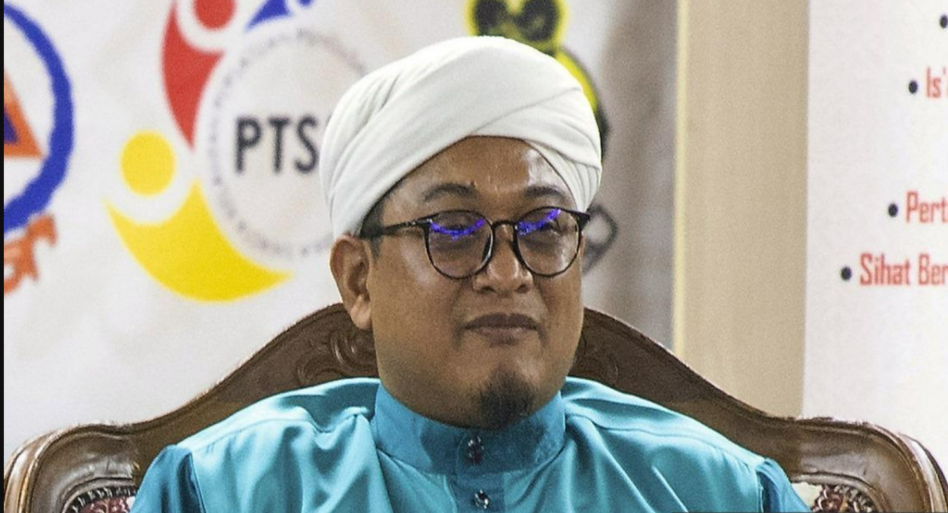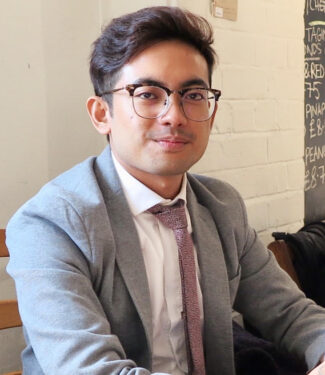
“Yadim has no power to police religious ‘insults’, ‘dangerous precedent’ set”

A COUNTER-EXTREMISM group has criticised a Government-linked body’s recently reported decision to police online speech and “insults” to Islam, raising concerns over its overreach and the chilling effect on freedom of expression.
INITIATE.MY noted that the purported role of Yayasan Dakwah Islamiah Malaysia (Yadim)’s “cyber squad” overlaps with the jurisdiction of the Malaysian Communications and Multimedia Commission (MCMC).
INITIATE.MY’s founder and director Aizat Shamsuddin added that the MCMC has a legal mandate, provided for in the MCMC Act 1998, to monitor and take action against those making “insults” on race, religion and royalty.
“Meanwhile, to our knowledge, the creation of Yadim’s cyber squad is not derived from any specific law, and thus, it does not have any legal power to monitor and take action against religious ‘insulters’,” he told FocusM.
This is why Yadim’s plan to respond to and offer “explanations” to netizens “insulting” or “ridiculing” Islam on social media, as reported last Friday (July 15), sets a “dangerous precedent”, Aizat said.
Yadim, set up in 1974 to propagate Islam, “cannot simply” establish a special unit or squad that would be in conflict with the jurisdictions of other superior institutions.
 Aizat Shamsuddin
Aizat ShamsuddinDoing this, he explained, can lead to “abuse of power” as it has no mechanisms of check and balance in place or trained professionals to do online monitoring and enforcement – unlike MCMC.
“Although there is room for improvement in MCMC, this development raises the question of accountability, fairness and efficient use of State resources in the long run,” Aizat added.
Aizat also questioned Yadim president Nasrudin Hassan’s statement that individuals with Islamic knowledge, skills and “characteristics of preachers” will be given priority to be part of its cyber squad.
Nasruddin is also a former PAS MP.
Aizat said those criteria alone “might not be enough” given the lack of understanding to safeguard the constitutional right of expression, which also includes the right to criticise state religious institutions and religious practices.
“This should not be broadly treated as an insult to religion, but a right of every citizen in a democracy like Malaysia,” he added.
“Let them do their job”
Calling on Yadim to let enforcement bodies “do their job”, Aizat said it should instead focus on promoting tolerance, in line with its “benevolent vision” to become “an inclusive Islamic organisation that adheres to international standards”.
“State resources should be utilised to promote inter-religious and racial tolerance (which is deteriorating) and address the current state of religious extremism (which is alarming) through public education.
“The urgency at hand is to educate our society about respecting each other’s religion or beliefs and dealing with differences of opinions through civil discussions – not punitive actions,” he said.
Aizat also noted that previous units were set up by other religious agencies in the past to monitor insults to the Prophet and Islam, with complaints they received forwarded to the police and MCMC for further action.
Like Yadim, these groups need to take a hard look in the mirror about their role and purpose, and realise that they have no power to do this, he said.
Meanwhile, commenting on calls to have specific legislation to address hate speech motivated by religious or racial hatred, Aizat said such a law should be applicable to all religions and beliefs.
“While we also argue that we need an anti-hate speech law, ‘hate speech’ should not be interpreted as only ‘insults to Islam’”, he added.
Proportionate actions like mediations, public apologies and community service should be considered instead of only punitive punishments, to more holistically tackle the issue and provide long-term justice to victims.
“This is to prevent double standards in the implementation of an anti-hate speech law that would favour the majority over the minorities,” he said, adding that this was apparent in cases involving preachers like Dr Zakir Naik and Syakir Nasoha.
Despite their clear “hate speeches” against specific religious and racial groups, they escaped legal actions, Aizat lamented.
“We opine that a fair implementation of this (anti-hate speech) law is vital if we are serious about building mutual trust and preserving cohesion in a multi-religious and -racial society like in Malaysia.”
INITIATE.MY is a group of former radicalised youth committed to counter extremism through counter-narratives based on violent extremism prevention and human rights principles. – July 24, 2022
"This is to prevent double standards in the implementation of an anti-hate speech law that would favour the majority over the minorities,” he said, adding that this was apparent in cases involving preachers like Dr Zakir Naik and Syakir Nasoha.
ReplyDeleteDespite their clear “hate speeches” against specific religious and racial groups, they escaped legal actions, Aizat lamented."
Comment - there is still hope if there are more people like Aizat and organisations like INITIATE.MY